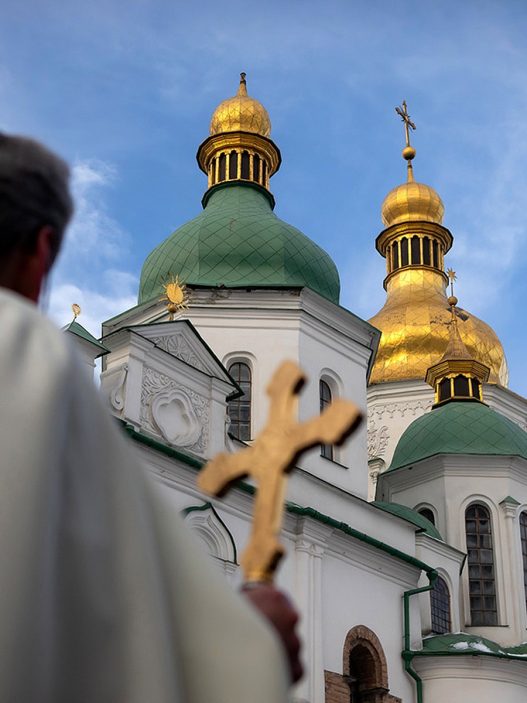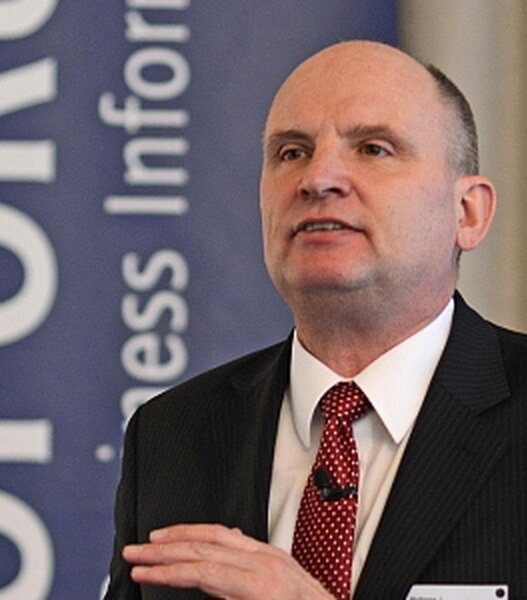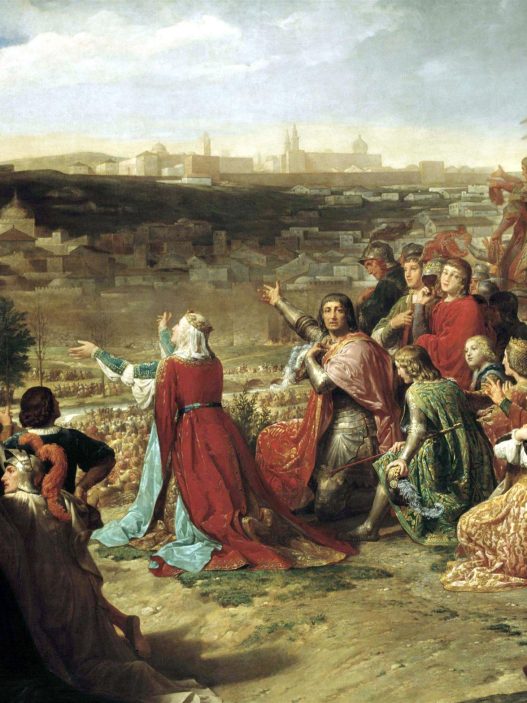In a world increasingly unmoored from its spiritual roots, two of the West’s most iconic nations—America and Britain—are facing a crisis of identity. Once hailed as beacons of Christian values and moral leadership, these countries are now at a crossroads. The erosion of their religious foundations threatens not only their internal cohesion but also their standing on the global stage.
The Slow Death of Christian Identity
For centuries, the United States and the United Kingdom were synonymous with Christian virtue. The Pilgrims who fled to America sought to build a “city upon a hill,” a nation guided by Protestant ethics and a deep sense of divine purpose. Across the Atlantic, Britain’s Anglican Church stood as a symbol of the country’s spiritual backbone, influencing every aspect of British life.
But today, those same nations are witnessing a dramatic shift. The Christian identity that once defined their national character is fading into the background. Consider the fact that, in 2021, for the first time in recorded history, less than half of the population in England and Wales identified as Christian, according to the U.K. Census. Similarly, in the United States, church membership has fallen below 50% of the population, a sharp decline from the 70% figure in 1999, as reported by Gallup.
This decline isn’t just about numbers; it’s about the growing acceptance of ideologies that openly oppose Christian values. For example, the Church of Satan, which was once a fringe movement, now operates openly in the United States and enjoys legal recognition. Such developments reflect a broader trend of abandoning the moral compass that once guided these nations.
The Rise of the LGBT Agenda and Its Religious Fallout
Compounding this issue is the aggressive promotion of the LGBT agenda, which has brought new tensions to the fore. While advocacy for LGBT rights has been framed as a civil rights issue, it has increasingly come into conflict with traditional Christian beliefs. In the U.S., the Supreme Court case of Masterpiece Cakeshop v. Colorado Civil Rights Commission highlighted this tension. The case involved a Christian baker who declined to create a wedding cake for a same-sex couple due to his religious beliefs. While the Supreme Court ruled in favor of the baker, the case underscored the growing legal and cultural challenges Christians face when their beliefs clash with the prevailing social norms.
In the U.K., similar conflicts have arisen. The case of Ashers Baking Company, a Northern Ireland bakery that refused to make a cake with a pro-gay marriage slogan, sparked a legal battle that went all the way to the U.K. Supreme Court. Although the court ultimately ruled in favor of the bakery, these cases illustrate a broader societal shift where traditional Christian beliefs are increasingly marginalized, and those who hold them find themselves defending their rights in court.
The Global Cost of Moral Decline
The repercussions of this cultural shift extend far beyond the borders of the U.S. and U.K. In regions like Latin America and Africa, where Christianity continues to thrive, there is growing disillusionment with the West. Once admired for their moral leadership, America and Britain now seem adrift, their values disconnected from the faith that once made them strong.
For example, Uganda, a deeply Christian nation, has openly criticized Western countries for imposing liberal social policies, particularly regarding LGBT rights, on African nations. Ugandan leaders have accused the West of cultural imperialism, arguing that such policies are incompatible with their religious and cultural values. Similarly, in Brazil, where evangelical Christianity is on the rise, there is increasing skepticism towards Western liberalism, with many seeing it as a threat to their religious traditions.




















